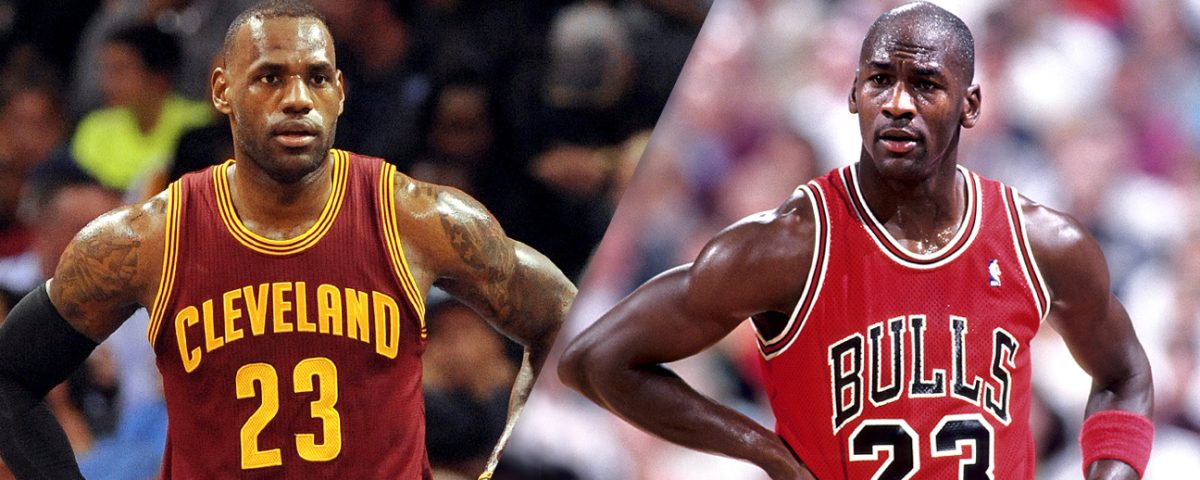When looking at the greatness of Michael Jordan, it’s very important to have a deeper dive into the impact he had on the game past all the statistics and titles that people talk about. His competitiveness was unmatched, becoming one of the things that set his legacy apart. Jordan’s will to win, combined with a desire for excellence, set a standard that has inspired generations of players. Moreover, Jordan’s ability to seize the moment in crucial games is a defining characteristic of his greatness. His skill of hitting game-winning shots in high-pressure situations not only solidified his legacy but also showed his confidence and poise under stress. Those moments, like his incredible shot against the Cleveland Cavaliers in 1989 and the series-clinching shot against the Utah Jazz in the 1998 Finals, have become solidified in basketball lore. On the defensive end, Jordan’s impact was profound. His defensive dominance was a force to be reckoned with, often disrupting opponents’ offensive schemes and altering the course of critical games. His ability to not only dominate on offense but also excel defensively is a quality that sets him apart as a complete player.
Shifting the focus to LeBron James, his career is full of sheer excellence and versatility. LeBron’s physical attributes, combined with an insane basketball IQ, have redefined the possibilities for a player of his stature. His adaptability to various positions and roles on the court reflects his versatility and basketball acumen. Although LeBron’s Finals record doesn’t even compare Jordan’s success, as he went 4 for 10 in the finals instead of Jordan’s perfect 6 for 6, his ability to lead multiple teams to the championship stage is a great example of his leadership and adaptability. His dominance in multiple statistical categories and his role as the primary playmaker for his teams really show his incredible skill set. It’s also worth noting that the eras in which both players competed significantly influenced the style and approach to the game. Jordan played in an era characterized by more physicality and defensive-minded play. In contrast, LeBron emerged in an era with rule changes favoring offensive freedom and three-point shooting, altering the dynamics of the game.
Off the court, Jordan’s impact through his Air Jordan brand extended the game’s reach far beyond the basketball court. The cultural significance and global influence of his brand transformed the sneaker industry and solidified his position as a global figure.
In summary, the debate on who stands as the greatest between Michael Jordan and LeBron James is multifaceted. Both players have left indelible imprints on the game, each with their distinct strengths and contributions. Jordan’s flawless Finals record, unparalleled competitiveness, and transformative influence on the sport distinguish him as an icon. On the other hand, LeBron’s versatility, statistical achievements, and adaptability have placed him among the basketball elite. While LeBron’s career still isn’t done, there is no denying that it’s coming to an end while he is at the ripe age of almost 39 years old. This discussion is subjective and will likely endure, reflecting personal preferences, generational biases, and differing interpretations of greatness in the ever-evolving landscape of basketball history.





































































































































